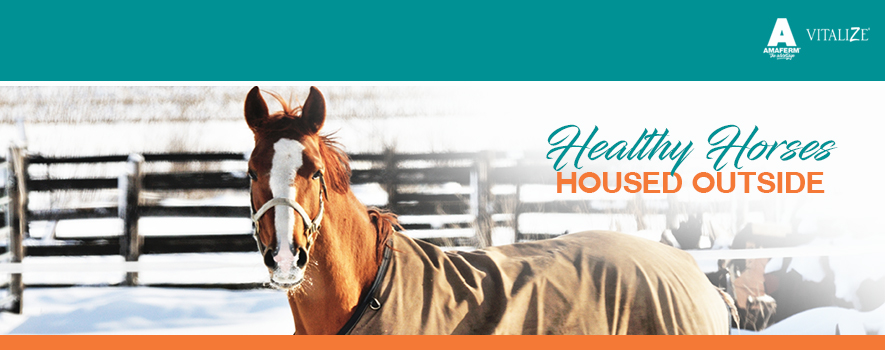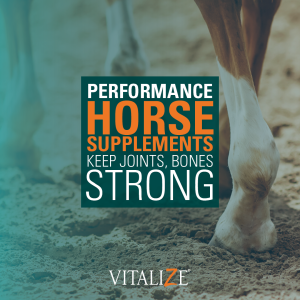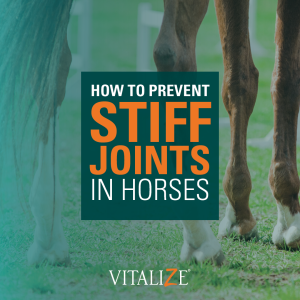
As the seasons begin to transition and day-time temperatures start to gradually get colder, it seems normal to keep horses stalled inside to keep them more comfortable. However, horses are naturally-born grazers, so it is important for numerous reasons to keep them outside as much as possible, even if we think it is better for them to be inside.
Keeping horses confined indoors for too long can lead to various health challenges including respiratory, digestive, structural and behavioral issues, all which cause unwanted stress.
Respiratory Health
Just because humans are cold and think it feels better to be inside, doesn’t mean our equine companions have the same feelings. Horses have a built-in fur coat and can withstand much colder temperatures than humans without being uncomfortable. Most people will shut all the doors and windows to keep the barns warm, but it is important to realize that this also restricts airflow. Keeping some doors and windows open on the barn will help with ventilation and keep the barn at a more consistent temperature.
Because the horse is closed in a facility with little airflow, respiratory issues might surface. Vitalize® Ambassador and trainer, Madeline Reich writes, “Ventilation is one of the most important factors. Bedding, hay and urine can have negative effects on your horse if they are kept in an enclosed area with no airflow for a long time. Just think about how uncomfortable you are when trying to clean a stall with urine and bedding dust flying all in your face and nose. We do not want horses in those same conditions; the ammonia fumes can be bad for and uncomfortable to the horses. On top of keeping your doors open to your barn no matter the temperature, clean stalls are going to help your horses’ respiratory system be comfortable and healthy.”
Ammonia is not only offensive to smell, it can increase your horse’s risk of pneumonia or COPD. Dust can also increase your horse’s susceptibility to chronic inflammatory airway disease. Even in a well-ventilated barn, harmful air can cause problems. Horses breathe easier outdoors.
Digestive Health
Horses that live outside may have fewer episodes of colic than horses who are kept in a lot. Horses stalled inside for long periods during the day may be more susceptible to colic since the lack of movement slows the motility of the gut, which can lead to impaction colic. Horses that are outside tend to colic less often than stabled horses.
Structural Health
Horses were designed for movement. If they are confined to stalls too long, they can develop leg and hoof issues. Standing in stalls may lead to stocked-up legs. Horses might also injure their legs if they are frustrated and kick stall walls or hay feeders. Impatient horses can hurt their front legs by pawing and wear their hooves unevenly.
In addition, exercise, which stimulates blood flow and brings nutrients to the hooves, and circulation are essential for hoof health, and horses may not get enough exercise standing in a stall. Standing in manure and urine can also lead to thrush and white line disease. Hoof growth and strength may be compromised if horses are left to stand in a stall for long periods of time, especially if the bedding is left damp.
Mental Health
Horses are herd animals, and like to run in groups, or at the very least see other horses. As horses get bored in the stalls they will look for ways to entertain themselves like chewing on the wood, biting and pawing. If they are left alone too long, their boredom might lead to other bad habits that make them hard to handle when it is time to groom or work with them.
You might think it is too cold to be outside, but, remember, your horses are a lot more tolerant of the temperature than you are. Consider the potential health risks of stalling your horse for long periods of time, and if you do need to stall during extreme weather, be sure that your facility has ample air movement and your horse has a clean, dry stall.

